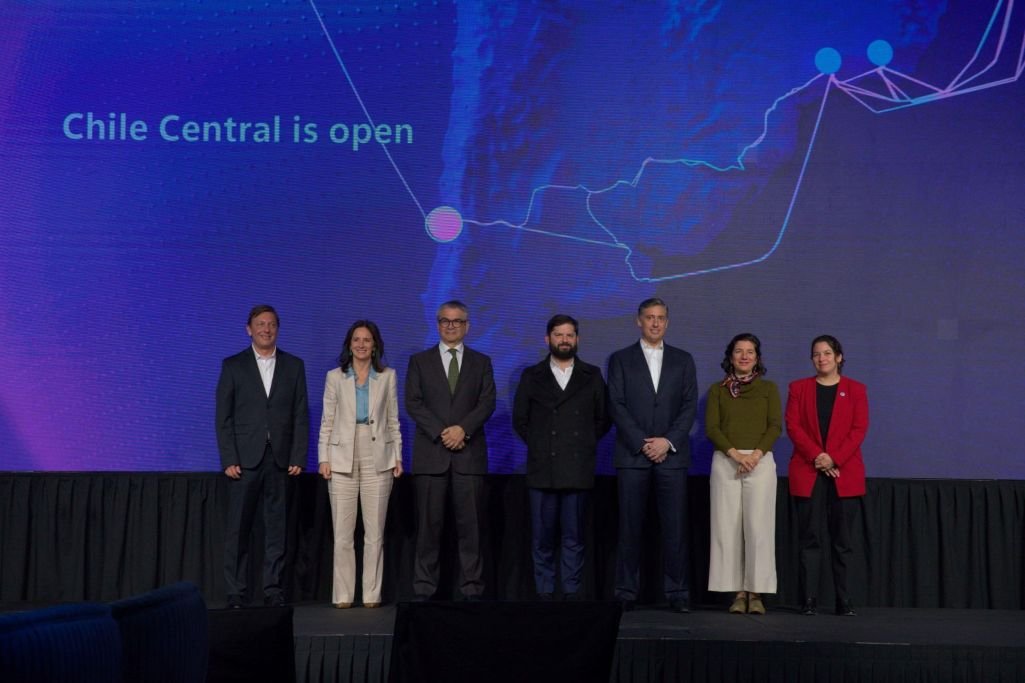Microsoft has announced the opening of its first Data Center Region in Chile, a historic investment that supports the country’s economic growth, technological innovation, and social development.
Located in the Santiago Metropolitan Region, the new cloud region—called Chile Central—comprises three independent physical locations, each with one or more data centers. This region will provide cloud services and solutions for companies and public entities both in Chile and other South American countries.
The technologies available in the Central Chile region include modern services powered by Azure and Microsoft 365, focused on productivity, data analytics, cybersecurity, computing, and storage. Dynamics 365 and Power Platform will also be available, positioning this region among the most advanced in the world. The new region will offer cloud services with high availability, scalability, security, and the option of data residency in Chile for local organizations, in compliance with Microsoft’s global sustainability standards.
The impact of this infrastructure will be felt in key sectors such as professional services, commerce, manufacturing, and technology, driving new opportunities within the Chilean digital ecosystem and strengthening its capacity for innovation.
Tito Arciniega, president of Microsoft Latin America, said: “Microsoft’s cloud data center infrastructure in Chile will play a fundamental role in our strategy for Latin America and will help establish a hub that radiates innovation from the region to the world. With Chilean companies integrated into the global economy and exporting goods and services worldwide, this new cloud region will support and stimulate economic growth, allowing businesses and governments to take advantage of the benefits of the cloud. At Microsoft, we firmly believe in the transformative potential of Latin America and are committed to supporting that transformation with the best technological infrastructure available.”
Microsoft’s sustainability goals include operating with 100% renewable energy in all its buildings and data centers by 2025, achieving water positivity by 2030, and achieving zero waste by 2030. These initiatives reflect a shared commitment to environmental sustainability and a resource-efficient future.
In Chile, Microsoft’s data centers do not use water for their cooling system, as they operate with non-evaporative technologies such as air-cooled coolers and direct expansion (DX) units. Air-cooled coolers are closed-loop systems that circulate water to air handling units without requiring replenishment after the initial fill. DX units, also closed-loop, circulate refrigerant through cooling coils without requiring water. Data centers only use small amounts of water for humidification, but the volume is minimal.
With this launch, Chile joins Microsoft’s global network, which includes more than 400 data centers in over 70 cloud regions , connecting to a platform that drives responsible artificial intelligence, cybersecurity, energy resilience, and sustainable transformation.


